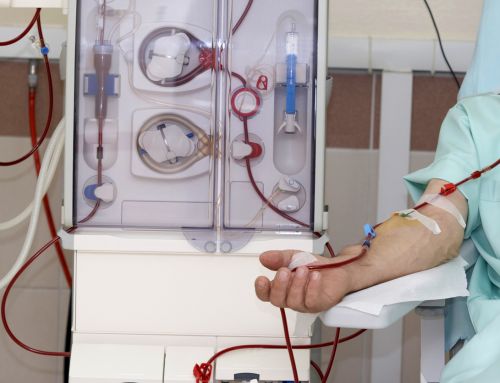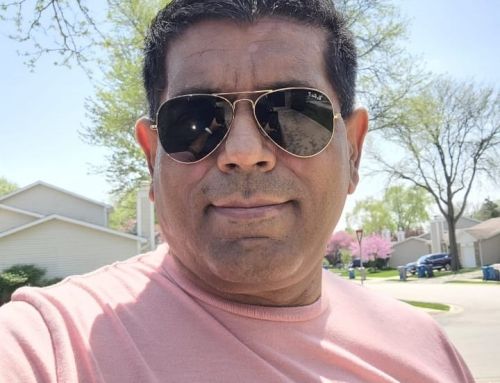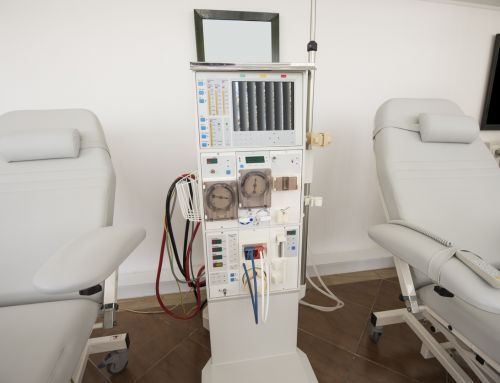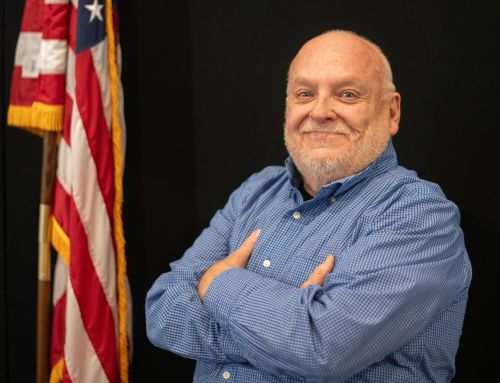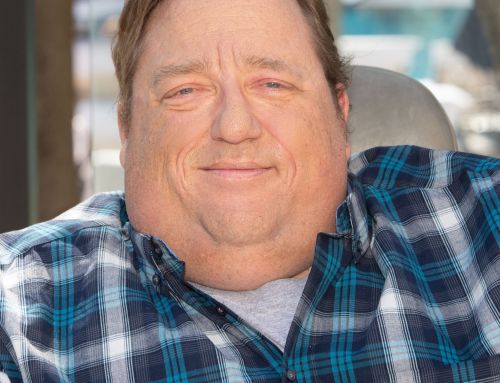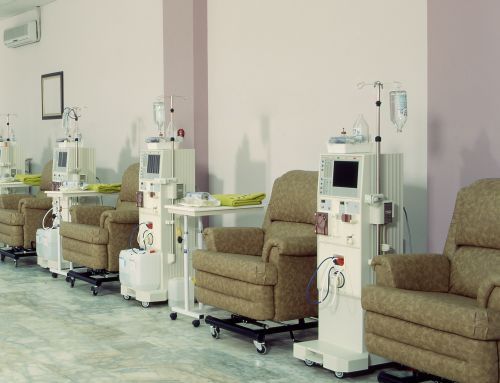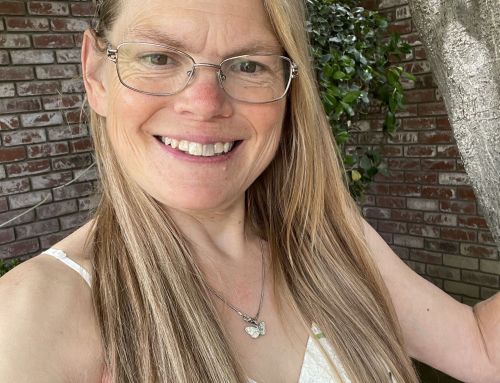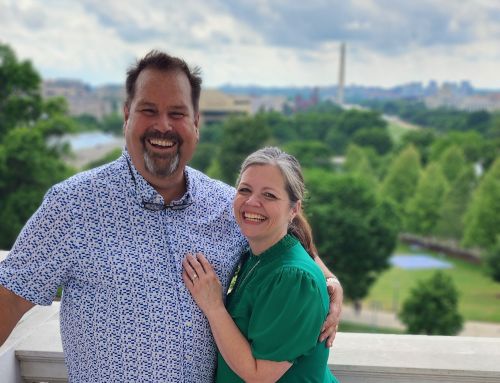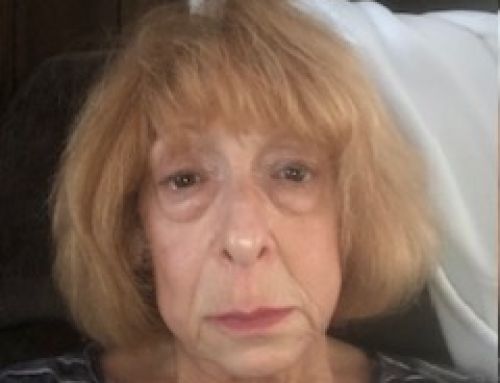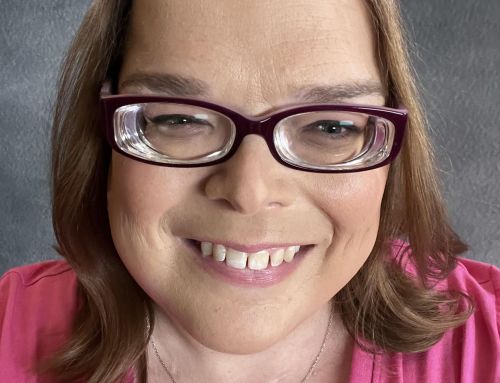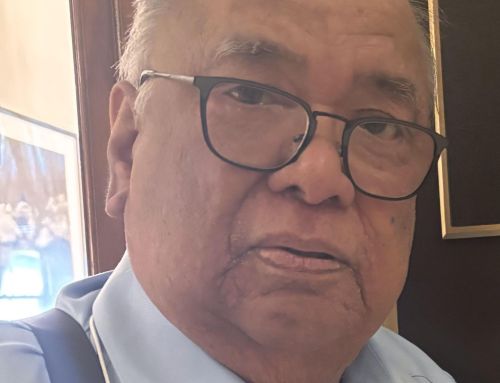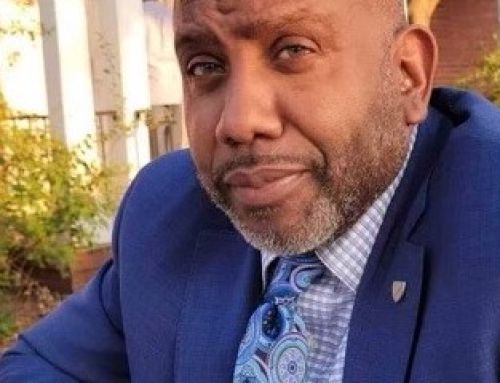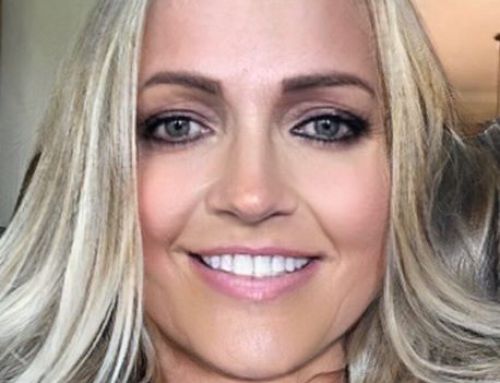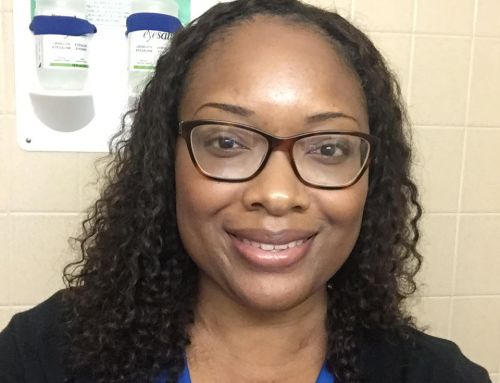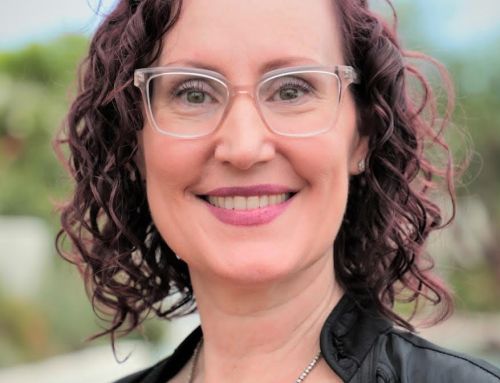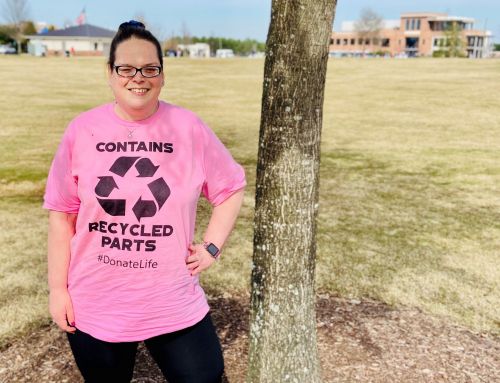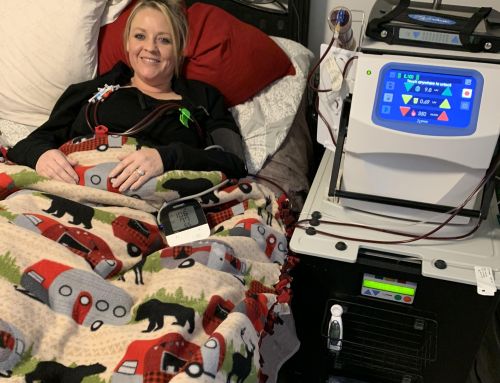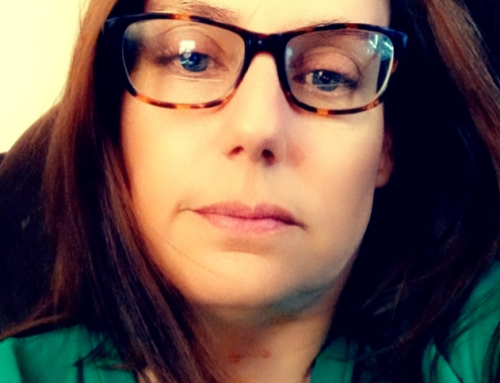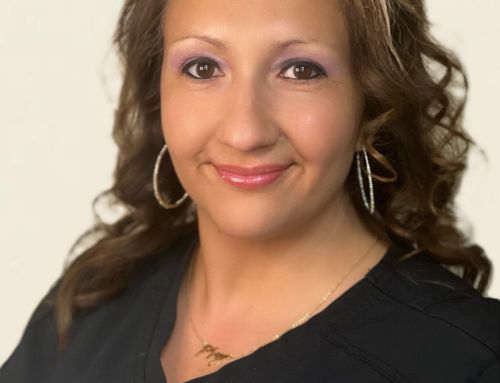In 2004 my dad had his first dialysis treatment after flatlining from a heart procedure. We were not sure he would make it through the night as his organs were shutting down, but we were told that dialysis would help and at the time, we wanted to just do whatever was needed to save him. When my dad left the hospital, we were told that his kidneys would require dialysis in the future and his doctors would monitor him.
Fast-forward to 2007, and we were informed that my dad would require dialysis three days a week for four hours at a time. Our first day we headed to the clinic, we thought we would be able to sit with him – much like cancer patients can do to receive support during the treatment – but to our surprise that was not the case, nor were we informed of the challenges yet to come. My dad worked full-time and took his treatments on Tuesday, Thursday, and Saturday so as to not interfere with work.
I took my dad to dialysis every Saturday until 2012. We spent time discussing the pain of being injected by the needle, unable to have us with him to provide support through his treatment, as well as the lack of healthcare coverage, the continued decline in having the needed coverage, and what would happen in the years to come.
His story is the same as countless dialysis patients across the country: full coverage is remarkably difficult to get. In many cases, patients only have Medicare, which doesn’t always meet the full cost of dialysis treatments, forcing immense out-of-pocket costs on patients. Over time, those costs add up and can feel like they’re burying patients and their families.
It’s well past time for change, which is why I’m encouraged to see Congress making progress on the Jack Reynolds Memorial Medigap Expansion Act. It’s a much-needed bipartisan bill that would expand Medigap coverage to patients under 65 who have End-Stage Renal Disease (ESRD), meaning a lot of people who don’t have the full costs of their treatments or medications covered by Medicare would now have access to plans that help meet those costs.

